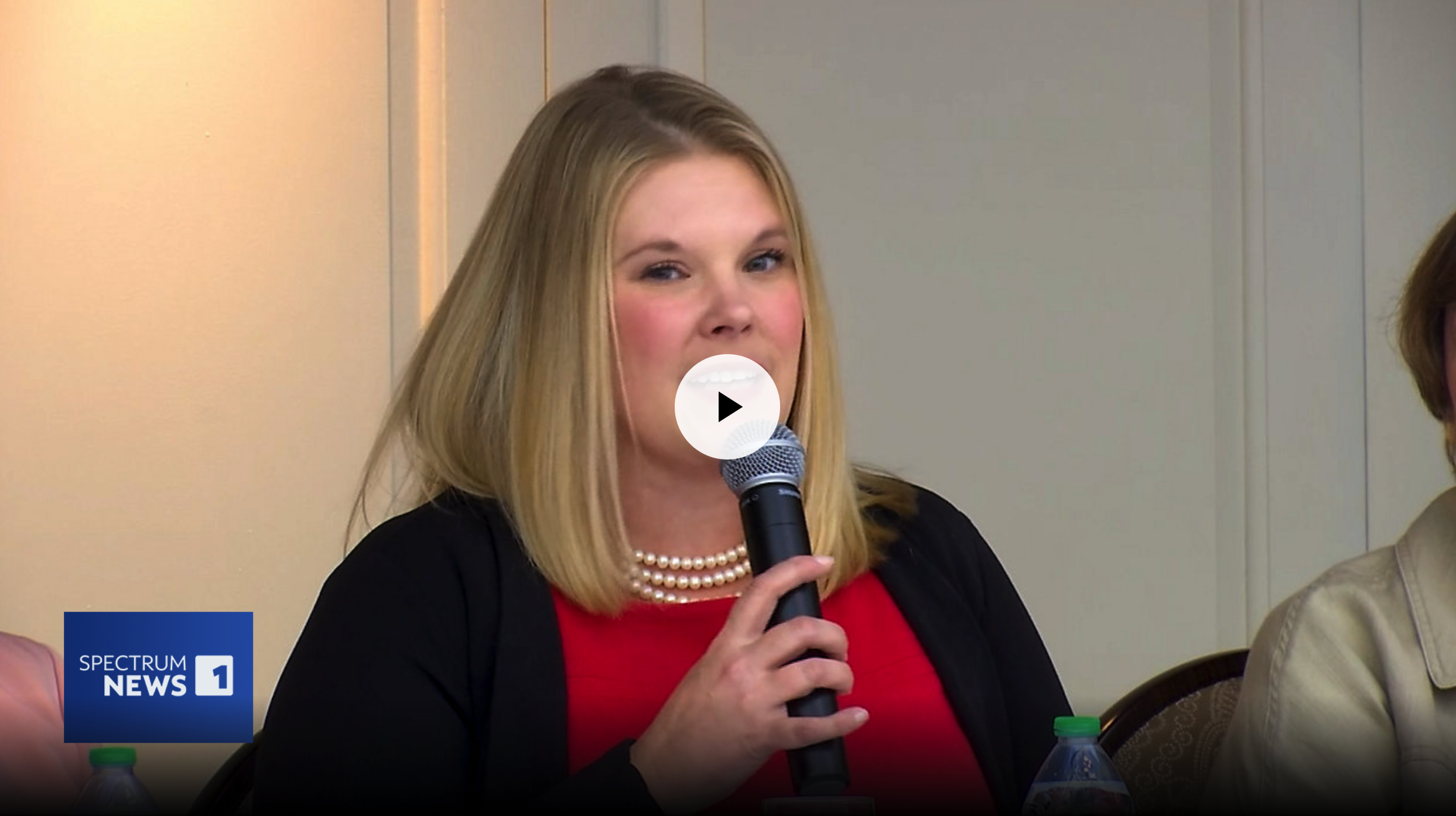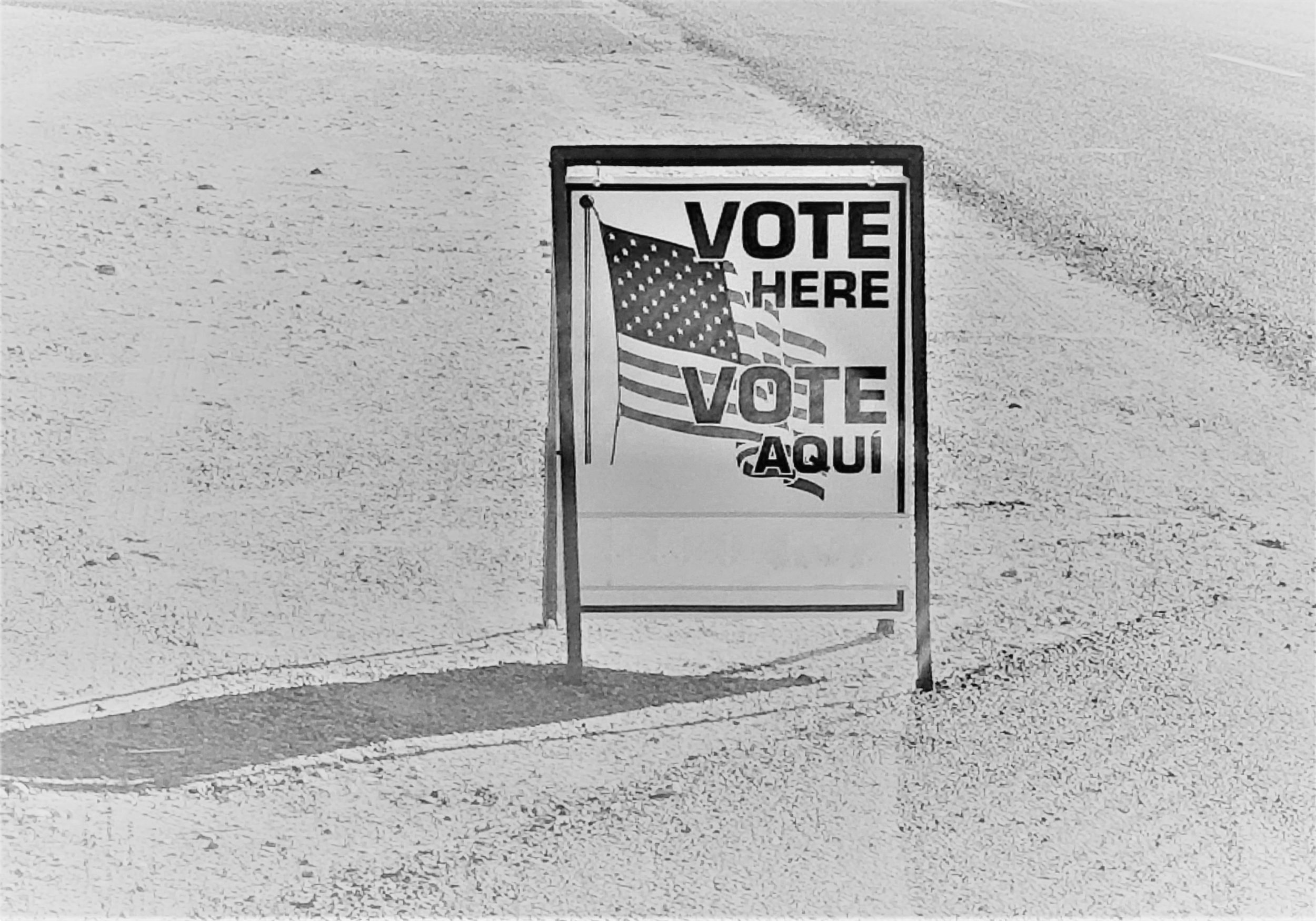Update (January 16, 2024) — Dane County Circuit Court Judge Ann Peacock declared Friday that she agreed with the Wisconsin Elections Commission (WEC), which argued that election system stability heading into the 2024 election was in the public interest. Her decision cleared Wisconsin elections chief Meagan Wolfe to remain in her role, overruling a Republican effort to oust her and name a new leader.
Leadership Now, along with Wisconsin Business Leaders for Democracy, supported WEC Administrator Meagan Wolfe's bid to retain her seat, submitting an amicus brief on Nov. 22. Wolfe had faced scrutiny for three years following false claims by former President Trump about his election loss and 2020 election procedures in the state, and Wisconsin legislative leaders had filed a lawsuit seeking a new WEC appointment.
Wisconsin Business Leaders for Democracy released the following statement featured in WisPolitics: “Ms. Wolfe’s unwavering leadership at the Wisconsin Elections Commission guarantees stability and transparency in the electoral process, creating an environment vital for business growth. This ruling ensures our top election official can keep doing the important work of administering free and fair elections. In an era where political stability shapes business decisions, this case underscores the imperative for Wisconsinites to stay actively engaged. The inseparable link between a resilient democracy and a flourishing business environment demands our collective commitment.” – John Florsheim (Leadership Now Member)
On November 27, 2023, Leadership Now Wisconsin Chair Anoop Prakash and Member Tom Florsheim Jr. talked with Anthony DaBruzzi of Spectrum News 1 regarding an amicus brief that Wisconsin Business Leaders for Democracy, in collaboration with Leadership Now Project, filed in support of Elections Administrator Meagan Wolfe after state legislators attempted to remove her from office without cause.
The brief emphasizes the need for impartial election administration and warns that Wolfe's removal could destabilize Wisconsin's democracy ahead of the 2024 election.
The legal challenge to Meagan Wolfe's position arose from a lawsuit filed in Dane County by state legislative leaders who aimed to force the Wisconsin Elections Commission (WEC) to select a new administrator. Notably, Wolfe has held the role of state Elections Administrator since her appointment in February 2018. She received unanimous confirmation for a four-year term from the GOP-controlled Senate in May 2019. However, a State Senate vote in September to remove her was later acknowledged as symbolic and held no legal significance.
During the interview, Prakash emphasized the importance of allowing Meagan Wolfe to continue her role. He highlighted the need for the legislature to focus on economic development and job creation rather than repeatedly investigating past elections.
Florsheim emphasized the bipartisan nature of their efforts, uniting business leaders from both Republican and Democratic backgrounds to protect democracy against threats and attempts by the legislature to limit voter access.
"Everyone has to realize that running elections in a big state like Wisconsin is a complicated process," Florsheim said. "Here we have somebody that ran an election through a pandemic, which has a lot of challenges in itself, that did an exemplary job, and she's received accolades from both Republicans and Democrats."
Wisconsin Business Leaders for Democracy's actions underscore the importance of upholding democratic values, especially during crucial elections. Their bipartisan approach emphasizes that democracy's strength transcends party lines, relying on collective commitment to protect its foundations.
Watch the news segment here.
(Spectrum News 1/Anthony DaBruzzi)









